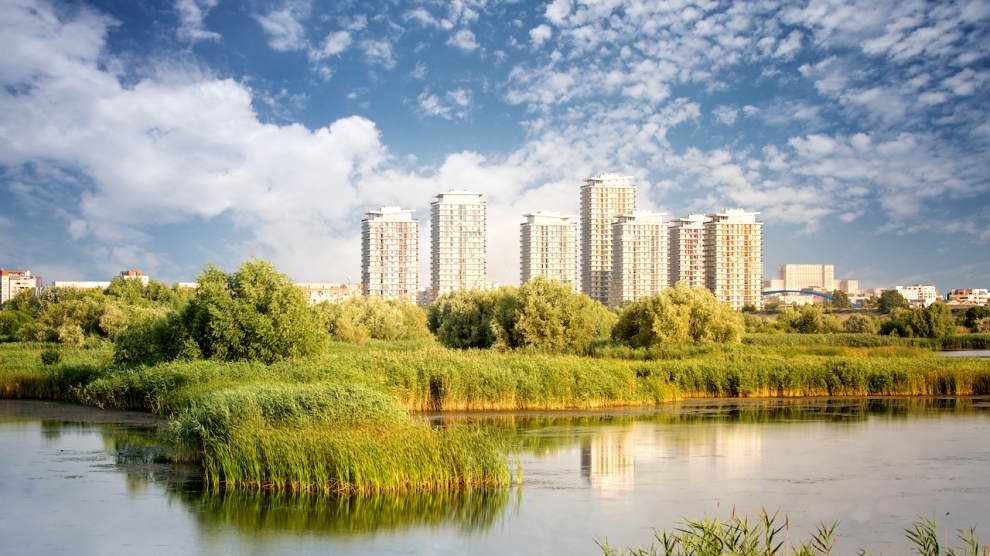Since 2014, gains in household purchasing power, resulting from a combination of a tighter labour market, strong nominal wage growth alongside deflation or weak inflation, and a highly accommodative fiscal stance resulted in a vigorous consumption-led recovery.
Following growth of 4.8 per cent in 2016, the Economist Intelligence Unit (EIU) expects the Romanian economy to grow by 4.2 per cent in 2017, and 3.7 per cent in 2018, placing real GDP at levels 17 per cent above its 2008 peak. As in recent years, growth will be mainly supported by private consumption.
If something is clear from the data, it is that the economy is firing on all cylinders and hence it would take a big disruption to change the current dynamics. Fortunately for those banking on continued growth, such a shock is hard to discern in the short term (though they seldom are). In the first quarter of 2017, real GDP grew by 5.7 per cent year-on-year, nominal wages grew by an average of 16.1 per cent and inflation averaged 0.2 per cent. In May, the unemployment rate stood at 5.4 per cent.
Despite a recent warning from the European Commission, the government will maintain its accommodative fiscal stance that has entailed cutting VAT rates and increasing the minimum wage and pensions, by 16 and 30 per cent respectively. The unitary wage law, which will raise public-sector salaries by 25 per cent in January 2018, to be followed by further rises for certain categories of public-sector workers, will continue the bonanza.
The main downside risks are that this could result in more moderate growth (three per cent), in 2018; a sharper-than-expected slowdown in China or a bigger negative fallout for eastern Europe from the slowdown, compared with the EIU’s forecast. Our baseline forecast is that after the president, Xi Jinping has consolidated his power at a party conference, in late 2017, he will sanction policies to rein in credit growth. As a result of these policies, growth in China will slow sharply in 2018, to 4.6 per cent, from 6.6 per cent in 2017. We estimate that this slowdown will result in export growth in Romania decelerating to 6.7 per cent in 2018, from 8.8 per cent in 2017. A more pronounced slowdown cannot be completely discounted.
The recent political turmoil, which resulted in the Social Democratic Party (PSD) presenting a vote of no-confidence against its own prime-minister, will have minimal short-term economic ramifications. In response to the turmoil, the Leu depreciated modestly and then recovered and stock market losses were minimal.
Given the majority the PSD holds in both houses of parliament, a radical change in economic policy is unlikely. Businesses are unlikely to modify investment or hiring plans in the current high-growth environment. Institutional credibility, however, has been undermined as a result of the recent actions. The swift removal of Mr Grindeanu from office confirms that the effective executive power resides with the PSD leadership. This concentration of power in the PSD leadership undermines the checks and balances that are a guarantee for the rule of law, increases political uncertainty and may negatively influence investment in the medium-term.
If strong growth rates are to be maintained, the authorities need to improve the business environment. The economy is already operating at full potential and faces significant and increasing labour constraints that will demand added capital investment as well as innovation from the private sector. The government will need to provide its support via quality investment in skills development, public infrastructure and continued reforms of the public and judicial administrations. In the absence of such reforms, Romania faces the risk of seeing much less glamorous medium-term real growth rates.
_______________
The views expressed in this opinion editorial are the author’s own and do not necessarily reflect Emerging Europe’s editorial policy.






Add Comment